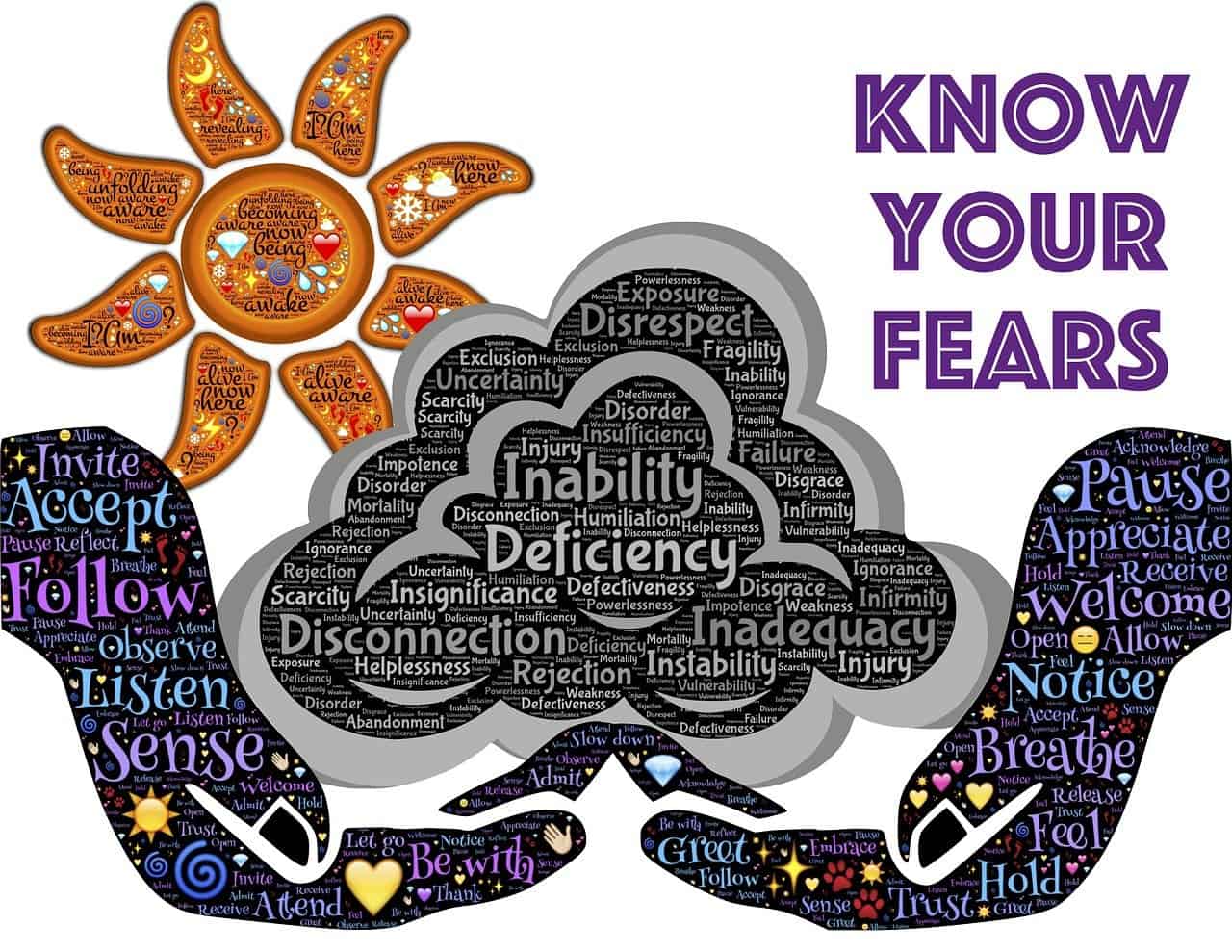Working on Self: Proven Techniques to Enhance Your Self Confidence Estimated reading time: 5 minutes Understand self-confidence as a belief in your capabilities. Implement cognitive restructuring to combat negative thoughts. Engage in behavioral strategies to reshape self-perception. Prioritize physical well-being to support mental health. Cultivate mindfulness for greater self-awareness and acceptance. Table of Contents Understanding…
Author: Admin
Building Self-Confidence: A Practical Guide
Understanding Confidence Psychology: A Comprehensive Guide to Building Self-Confidence Estimated Reading Time: 8 minutes Self-confidence is crucial for personal and professional success. Understanding cognitive, emotional, and behavioral factors can enhance confidence. Strategies include therapeutic interventions and behavioral techniques. Social feedback and risk-taking play significant roles in confidence levels. Overconfidence and situational variability are common misconceptions….
Understanding Self-Esteem, Depression, and Confidence
Understanding the Relationship Between Self-Esteem, Depression, and Self-Confidence Development Estimated reading time: 5 minutes Self-esteem and depression have a bidirectional relationship. Low self-esteem can predict future depressive symptoms. Building resilience and support networks can improve self-confidence. Early intervention strategies are key in preventing depression. Holistic practices can help in managing overlapping vulnerabilities. Table of Contents…
Enhancing Self-Confidence for Stronger Relationships
Self-Confidence in Relationships: How to Enhance Your Connections Estimated Reading Time: 7 minutes Understanding the interplay between self-confidence and relationships. Strategies to foster self-confidence and healthier relationships. The impact of low self-confidence on interpersonal dynamics. Reciprocal influences of self-esteem and social connections. Table of Contents: The Relationship Between Self-Confidence and Relationships The Impact of Low…
Proven Strategies to Boost Your Confidence
Increase Your Confidence: Proven Strategies to Cultivate Self-Belief Estimated Reading Time: 7 minutes Understanding self-confidence and its impact on life. Effective strategies to boost self-belief through mindset shifts and physical well-being. The importance of social connections and assertiveness in enhancing self-esteem. Utilizing professional support for personal growth. Table of Contents Understanding Self-Confidence and Confidence Strategies…
Boost Self-Confidence with Self Appreciation
Unlocking Your Potential: The Power of Self Appreciation Messages Estimated reading time: 6 minutes Self appreciation messages can boost self-esteem and promote positivity. Integrating these messages into daily life fosters resilience. Reflecting on strengths and accomplishments enhances self-image. Mindfulness practices combined with affirmations deepen self-worth. Table of Contents Understanding Self Appreciation Messages Benefits of Self…
Strategies to Improve Your Self Confidence
Improve Your Self Confidence: Strategies for Personal Growth and Empowerment Estimated reading time: 7 minutes Practice Self-Care: Grooming, dressing well, and engaging in physical activity. Challenge Your Thoughts: Replace negative self-talk with positive affirmations. Engage Socially: Surround yourself with supportive relationships. Set Achievable Goals: Break down objectives and celebrate accomplishments. Rest Well: Prioritize sleep and…
Strategies to Enhance Your Self-Confidence
I Want to Be More Confident: Proven Techniques to Boost Your Self-Esteem Estimated reading time: 8 minutes Recognize and challenge negative beliefs to improve self-esteem. Incorporate healthy lifestyle choices including diet and exercise. Practice mindfulness and visualization to cultivate a positive mindset. Build a support network and surround yourself with uplifting individuals. Set achievable challenges…
Boost Self-Esteem with Mirror Activities
Mirror Activities for Self-Esteem and Developing Self-Confidence Estimated reading time: 5 minutes Enhance self-awareness through mirror activities. Utilize positive affirmations to build self-esteem. Recognize the connection between emotional release and personal growth. Incorporate mirror practices into your daily routine. Seek support and celebrate small wins. Table of Contents: The Connection Between Self-Confidence and Self-Reflection Benefits…
Understanding Self-Doubt Psychology for Greater Confidence
Understanding Self-Doubt Psychology: Building Confidence Up from the Inside Estimated Reading Time: 5 minutes Self-doubt is a common challenge that affects confidence and mental health. Understanding psychological frameworks such as self-handicapping and attachment styles can offer insights into self-doubt. Evidence-based strategies like cognitive reframing and self-compassion can help overcome self-doubt. Moderate levels of self-doubt might…









